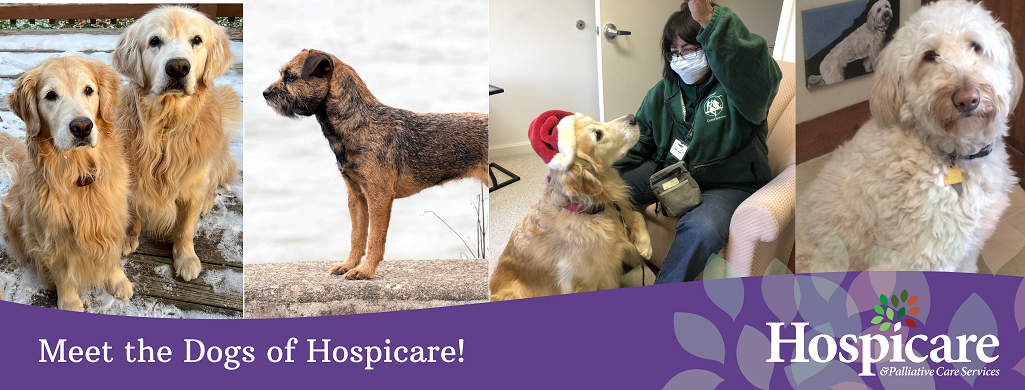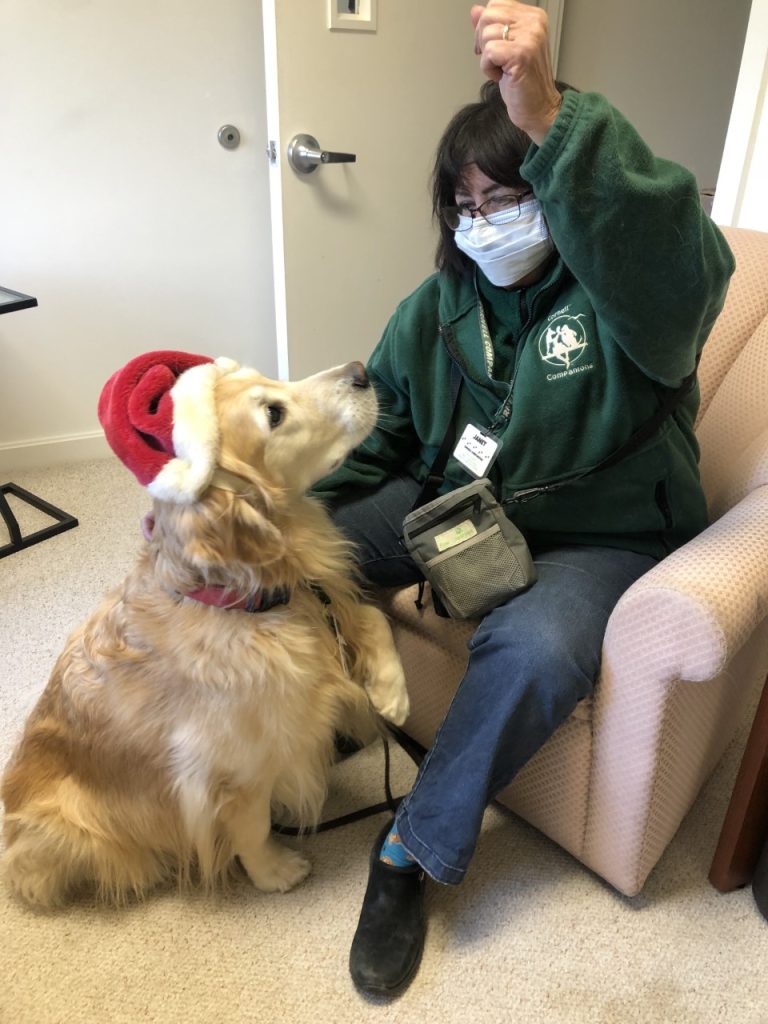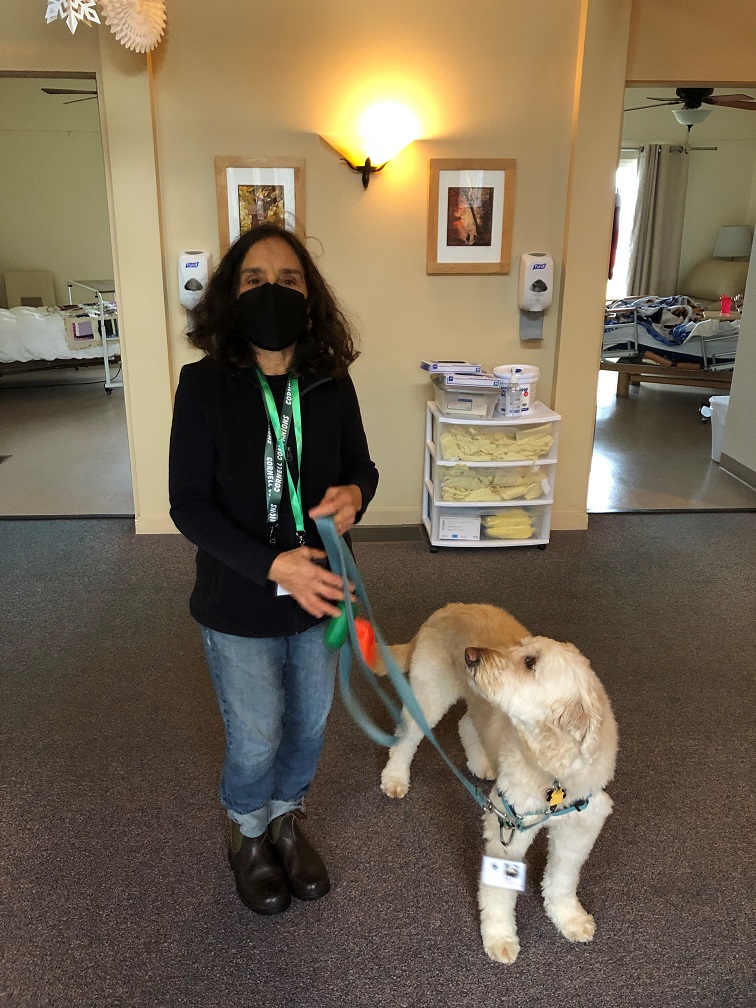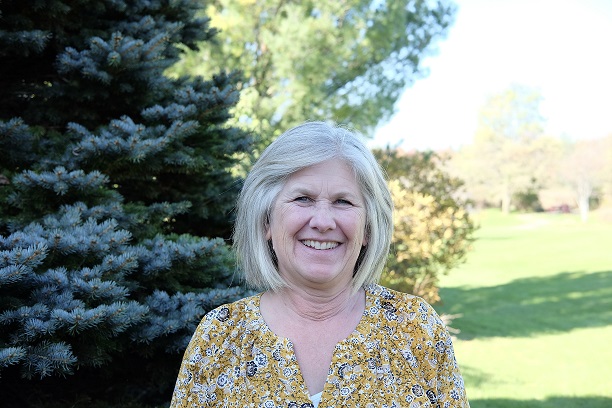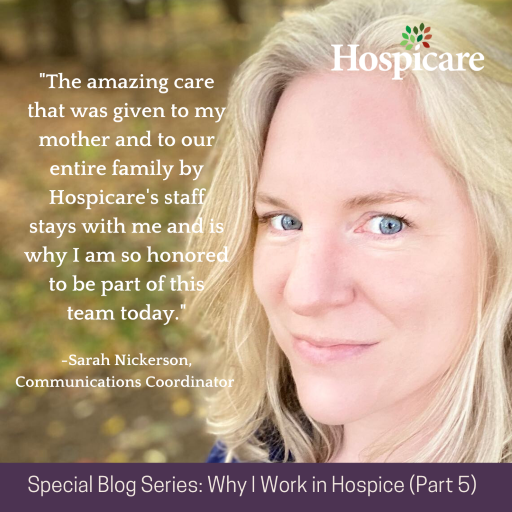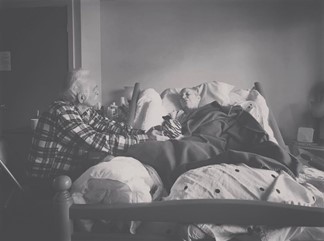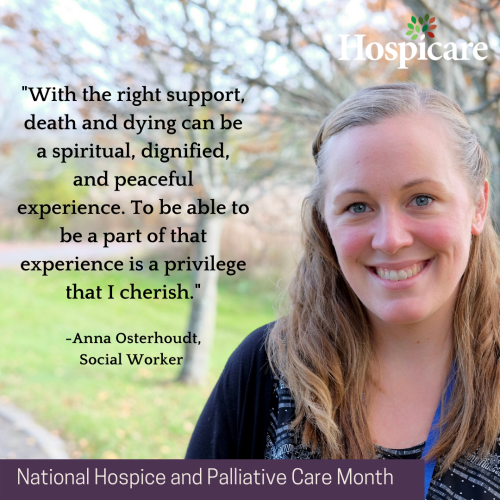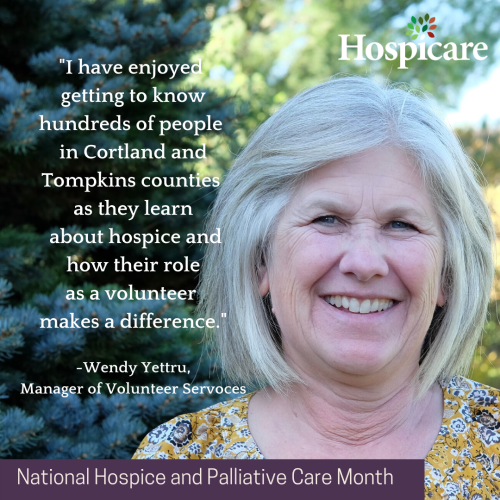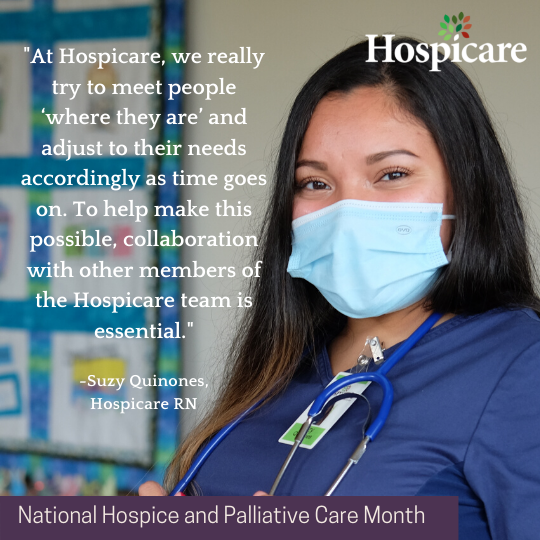Meet, Xihang Wang, one of our amazing patient care volunteers. He has volunteered in the Residence since fall 2020. He has been a regular at the dinner shift for most of the time and this semester, is doing a lunch shift. Xihang shares this about his volunteering experience:
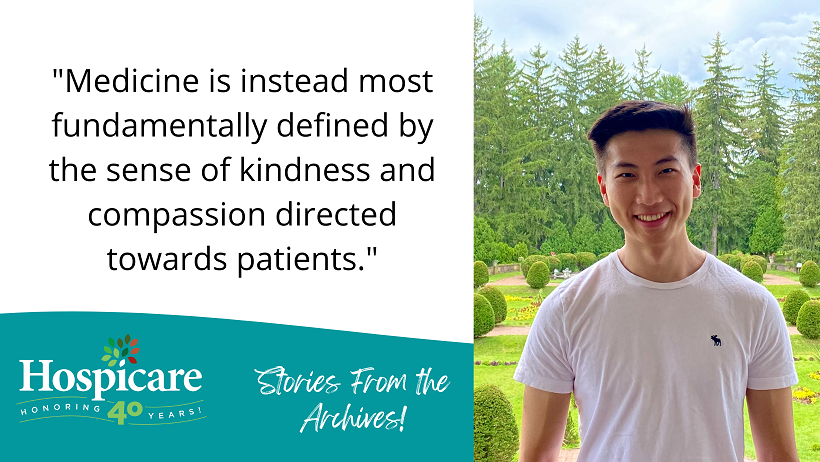
I wanted to sincerely thank you for all your help starting way back in fall of 2020. You taught me an incredible amount when I first trained to become a volunteer, and I significantly appreciate all the support you have provided me in the years ever since. Volunteering at Hospicare has changed my perspective on the purpose of medicine – I originally believed that medicine was solely about treating disease. Now, I understand that medicine is instead most fundamentally defined by the sense of kindness and compassion directed towards patients.
It was a humbling experience to see all the dedication displayed by the Hospicare staff and fellow volunteers as they cared for patients in the residence, and I hope to emphasize this sense of humanity in all that I do in the future. Looking back, I am extremely grateful to have had the privilege of volunteering at Hospicare. Thank you again for all that you, and Hospicare, do.
Xihang Wang
